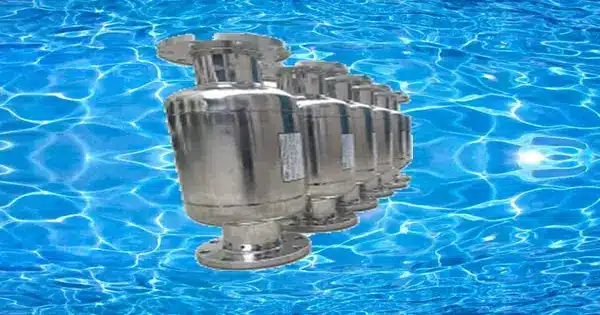Magnetic water treatment (MWT) claims to reduce the effects of hard water by exposing it to a magnetic field. It is a method of supposedly reducing the effects of hard water by passing it through a magnetic field as a non-chemical alternative to water softening. It is also known as anti-scale magnetic treatment or AMT. Hard water has high mineral concentrations, particularly calcium and magnesium ions.
Magnetic water treatment is thought to be unproven and scientifically unsound. A study conducted by Lawrence Livermore National Laboratory in 1996 discovered that magnetic water treatment had no effect on the formation of scale. These minerals can cause scaling and buildup in pipes, water heaters, and appliances, resulting in lower efficiency and higher maintenance costs.
Here are some key points to consider:
- Lack of Scientific Consensus: Many studies on the effectiveness of magnetic water treatment have been conducted, but the results have been inconsistent. The majority of well-conducted studies have failed to find conclusive evidence supporting the efficacy of magnetic water treatment.
- Water Hardness Reduction: Magnetic treatment, according to some proponents, can reduce water hardness. Hardness, on the other hand, is a measure of the mineral content in water, and changing the behavior of minerals with a magnetic field may not always result in a significant reduction in hardness.
- Scale Prevention: The primary benefit of magnetic water treatment is the reduction of scale formation. Scale is formed when minerals in water precipitate and form solid deposits. While there is some anecdotal evidence, scientific studies have generally failed to show consistent and significant scale prevention.
- Varied Results: The effectiveness of magnetic water treatment may depend on factors such as water flow rate, magnetic field strength, and the specific characteristics of the water. This variability makes it challenging to develop a one-size-fits-all solution.
- Alternative Water Treatment Methods: Traditional water softeners that use ion exchange or other methods are proven and widely accepted for treating hard water. These methods are generally more effective than magnetic treatment.
In conclusion, while magnetic water treatment devices are available on the market, their effectiveness is unknown and may vary depending on the application. Magnetic water treatment device vendors frequently use photos and testimonials to back up their claims, but they leave out quantitative data and well-controlled studies. Advertisements and promotions typically exclude system variables such as corrosion or system mass balance analyticals, as well as post-treatment water measurements such as hardness ion concentration or the distribution, structure, and morphology of suspended particles.
The idea behind magnetic water treatment is to alter the physical properties of the minerals in the water through exposure to a magnetic field. Proponents of this method claim that the magnetic field changes the structure of the minerals, preventing them from forming scale and making it easier for them to be carried away in the water flow.















